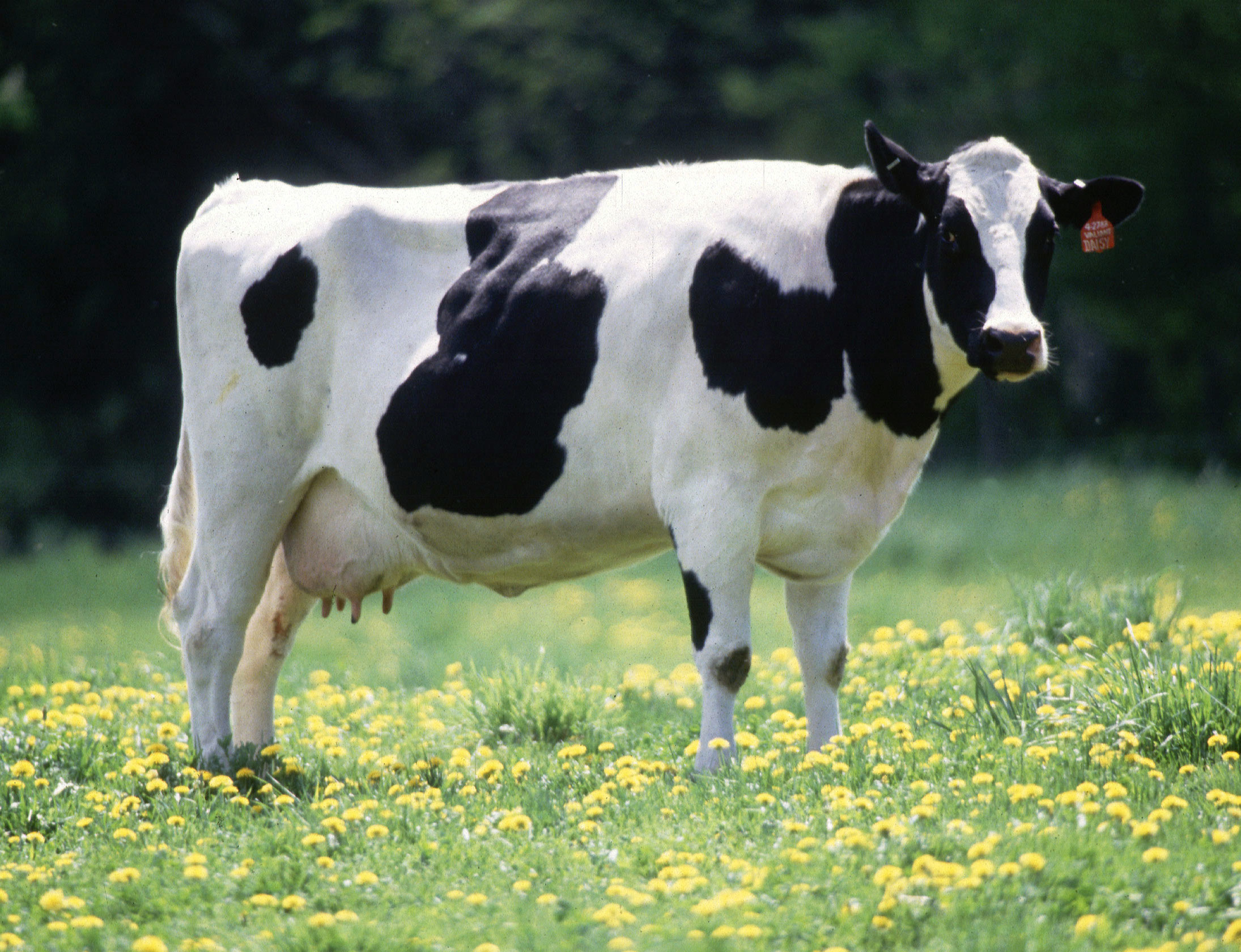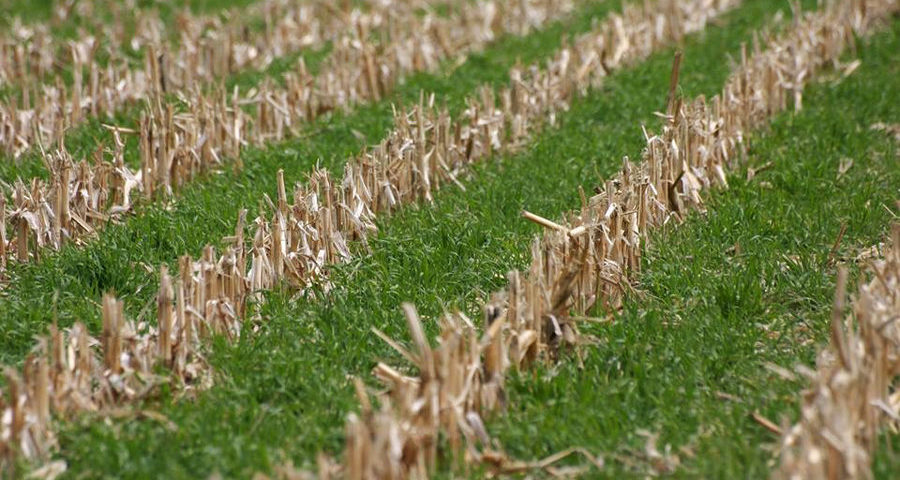
USDA Announces Additional Assistance for Dairy Farmers
January 24, 2023
Fritz Family Inducted Into Governor’s Agriculture Hall of Fame
February 6, 2023New SARE Publication To Help With Organic Certification

Farmers and ranchers who want to pursue organic certification now have a new publication to help understand USDA National Organic Program requirements and key strategies producers can use to make their three-year transition to organic production a successful one.
Sustainable Agriculture Research and Education (SARE) recently published Transitioning to Organic Production. SARE is funded by USDA’s National Institute of Food and Agriculture (NIFA).
“Transitioning to Organic Production provides critical information and resources for producers interested in making significant changes in their production practices,” said Vance Owens, national program leader with NIFA’s Institute of Food Production and Sustainability. “This new publication is one of many published by the SARE program that provides producers and the general public with information about farming and ranching sustainably.”
The publication discusses the practice areas common to all organic systems, such as crop rotation, cover cropping, adding organic fertility sources, disease prevention, integrated pest and weed management, conservation tillage, soil management and incorporating biodiversity.
Transitioning to Organic Production also includes sections on transitioning strategies relevant to specific systems, including livestock, field crop and horticulture operations, as well as information about general transition strategies, available resources, business planning and risk management.
The organic industry is the fastest growing segment of U.S. agriculture, with U.S. total sales of food and non-food products reaching $57.5 billion in 2021.
American farmers and ranchers alone sold $11.2 billion in certified organic commodities in 2021, according to a recent survey by the National Agricultural Statistics Service. During the same time, there were 17,445 certified organic farms.
To sustain this growth, NIFA established programs designed to address critical challenges to the organic industry. These programs include both food and non-food products. Many of NIFA’s competitive programs accept applications for organic agriculture projects. However, two programs are specific to organic agriculture: the Organic Agriculture Research and Extension Initiative (OREI) and the Organic Transitions (ORG) programs.
OREI was established by the 1990 Federal Organic Foods Production Act, Title 21 of the 1990 Farm Bill, and the first grants were awarded in 2004. Extension programs that enhance the ability of producers and processors who have already adopted organic standards to grow and market high-quality organic agricultural products. Priority concerns include biological, physical and social sciences, including economics.
ORG was established by the 1998 Agricultural Research, Extension, and Education Reform Act and the first grants were awarded in 2001. ORG focuses on issues related to the needs of growers and processors who are adopting organic practices and ecosystem services of organic agriculture. The ORG program supports the development and implementation of biologically based management practices that mitigate the ecological, agronomic and economic risks associated with the transition from conventional to organic agricultural production systems. The program addresses new and emerging hurdles for producers transitioning to organic production. The program helps develop innovative management strategies to inform transition choices and improve soil health and other ecosystem services of organic agriculture. It also invests in the development of alternative strategies following the loss of critical tools, like the use of antibiotics for disease management in organic systems.
Other NIFA competitive programs that have provided significant support for organic agriculture include the following:
- AFRI Foundational and Applied Science, Plant Health and Production and Plant Products Program Area
- A1102 Foundational Knowledge of Agricultural Production Systems
- A1701 Critical Agricultural Research and Extension
- Beginning Farmers and Ranchers Development Program


